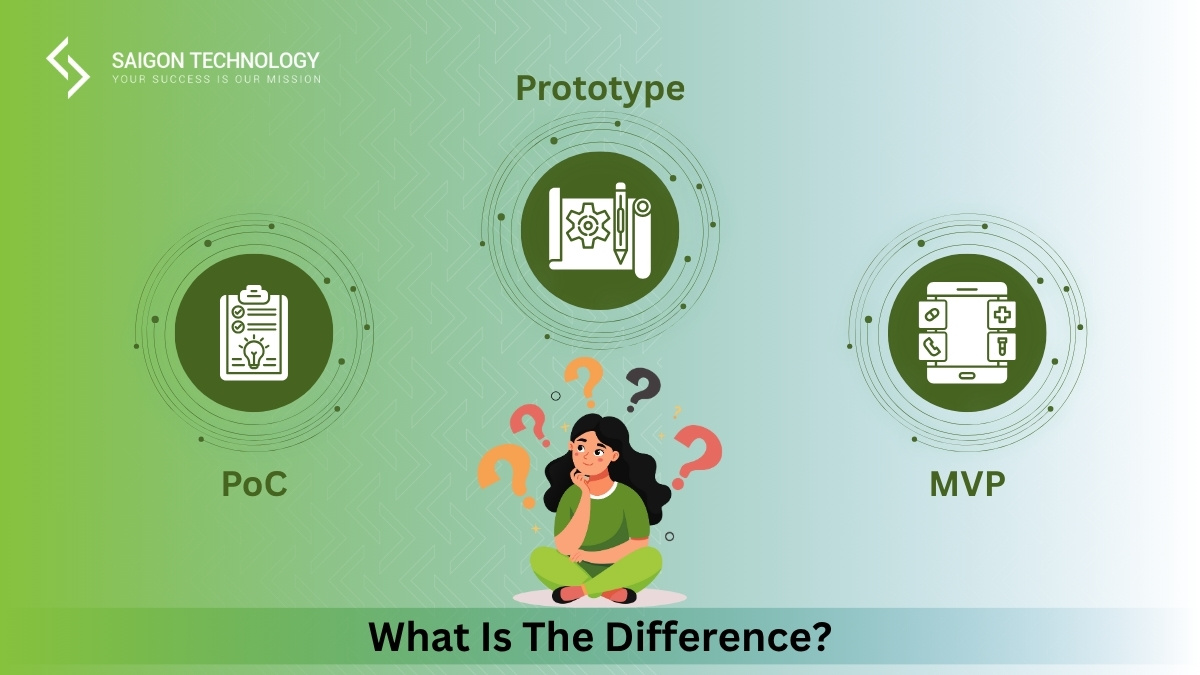Node.js is a powerful runtime environment used to run JavaScript programming language outside the browser. The runtime environment is used for web application development that offers many advantages over other languages.
Its asynchronous architecture makes it faster and more efficient than traditional programming languages, allowing developers to create robust applications in a shorter amount of time. Additionally, the runtime environment is quite extensible, with its extensive libraries and tools available for various tasks.
However, Node.js also has some drawbacks that should be taken into consideration before using it for web application development. For starters, the language can be quite complex due to its advanced features and concepts – learning it requires significant time and effort.
In this blog post, we will explore the good and bad aspects of the platform as a programming language for web applications, from speed and scalability to challenges with learning and the availability of libraries. You’ll get a comprehensive understanding of the runtime environment and be better informed to decide if it’s the right choice for your project. Let’s dive in!
What is Node.js?
Node.js is an open-source, cross-platform JavaScript runtime environment used for developing server-side web applications. It uses the Google Chrome V8 JavaScript engine to execute code and provides an event-driven architecture that allows developers to quickly and easily deploy their applications.
Moreover, it is highly scalable, allowing applications to be modified quickly and efficiently. It’s also fast, making it an ideal choice for applications that require speed and scalability. The runtime environment is used in many web application projects, such as social media platforms, streaming services, e-commerce stores, and much more.
Learn more: Web Application Development With Node.js | Case Study at Saigon Technology
Pros of Node.js
- Robust technology stack: It is a robust technology stack which provides better control over the data and development processes. It offers many libraries and frameworks that provide ready-made solutions to common problems, such as authentication and authorization, dealing with large sets of data, and much more.
- Increased speed of execution: It is faster than most other programming languages, making it an ideal choice for applications that require speed and scalability. It is also excellent at handling multiple concurrent requests.
- Good documentation and support: It has a large and active community offering plenty of documentation to help developers get started with the language quickly. There are many tutorials available online as well as Node.js conferences where developers can get advice and help from experienced professionals.
- Highly scalable: It is highly scalable, allowing applications to be modified quickly and easily. With its asynchronous nature, developers can add features or modify existing code with minimal effort.
- Strong corporate support: Node.js is backed by many big companies such as Google, Microsoft, and Amazon. These companies provide strong corporate support to Node.js developers, which helps them in their development process.
- Seamless JSON support: JSON (JavaScript Object Notation) is a lightweight data-interchange format commonly used in web applications. It has seamless JSON support, making it easy to work with data and databases in the development process.
- Caching Advantage: It has an in-built caching system, making it easy for developers to manage their application’s data efficiently and quickly.
- Cost-efficient with full-stack JavaScript: With Node.js, developers can use a single language for both the front-end and back-end development, which makes it cost-efficient and helps them save time.
- Node Pack Manager: Node Pack Manager (NPM) is a package manager for Node.js which helps developers to install, update, and manage the third-party libraries used in their applications.
Cons of Node.js
- Difficult to learn
The syntax of Node.js is quite different from other programming languages, making it difficult to learn for beginners. It also requires a significant amount of time to become proficient with the language.
- Lack of libraries and tools
It does not have as many libraries and tools available for web application development as other languages do, so developers may find themselves stuck if they need certain functionality that is not supported by Node.js.
- Asynchronous programming model
The asynchronous programming model of Node.js can make development and debugging more time-consuming. It also lacks robust error-handling capabilities, making it hard to identify and fix errors quickly.
Key Features that make Node.js Stand out from Other Server-Side Scripting Languages
Node.js is different from other server-side scripting languages in many ways. Here are the key features:
- Open Source: It is an open-source language that makes it free to use and modify. This allows developers to make customizations as per their requirements without worrying about commercial software costs.
- Asynchronous Programming: It uses non-blocking I/O calls, making it ideal for applications that need fast response times. Additionally, it can handle multiple concurrent requests without slowing down the system.
- Lightweight and Scalable: Node.js is lightweight and highly scalable, which makes it ideal for applications that require frequent modifications or upgrades. It also allows developers to deploy their applications quickly and easily.
- Single Programming Language: It is a full-stack JavaScript language, meaning developers can use the same language for both front-end and back-end development. This makes it easier to manage the codebase and reduces development time.
- Rich Library of Modules: Node.js has a large library of modules that provides ready-made solutions to common problems such as authentication and dealing with large sets of data. This makes it easier for developers to build applications quickly without having to develop everything from scratch.
- Highly Extensible: It is highly extensible, which means developers can extend its functionality by adding additional modules or customizing existing ones to suit their specific needs. This flexibility makes it easier for developers to create unique applications.
Wrapping Up
In conclusion, Node.js is an excellent choice for web application development due to its strong corporate support, seamless JSON support, caching capabilities, cost efficiency when using full-stack JavaScript, Node Package Manager (NPM), and features like asynchronous programming, scalability, and extensibility. It’s a powerful language that allows developers to quickly and easily build highly scalable web applications. However, it can be challenging to learn, so developers need to have the right resources available to take full advantage of as a developer.
Overall, it is an excellent choice for developing high-performance web applications that are fast, efficient, and cost-effective. With the right knowledge and resources, developers can create powerful and customizable web apps with the tool.










